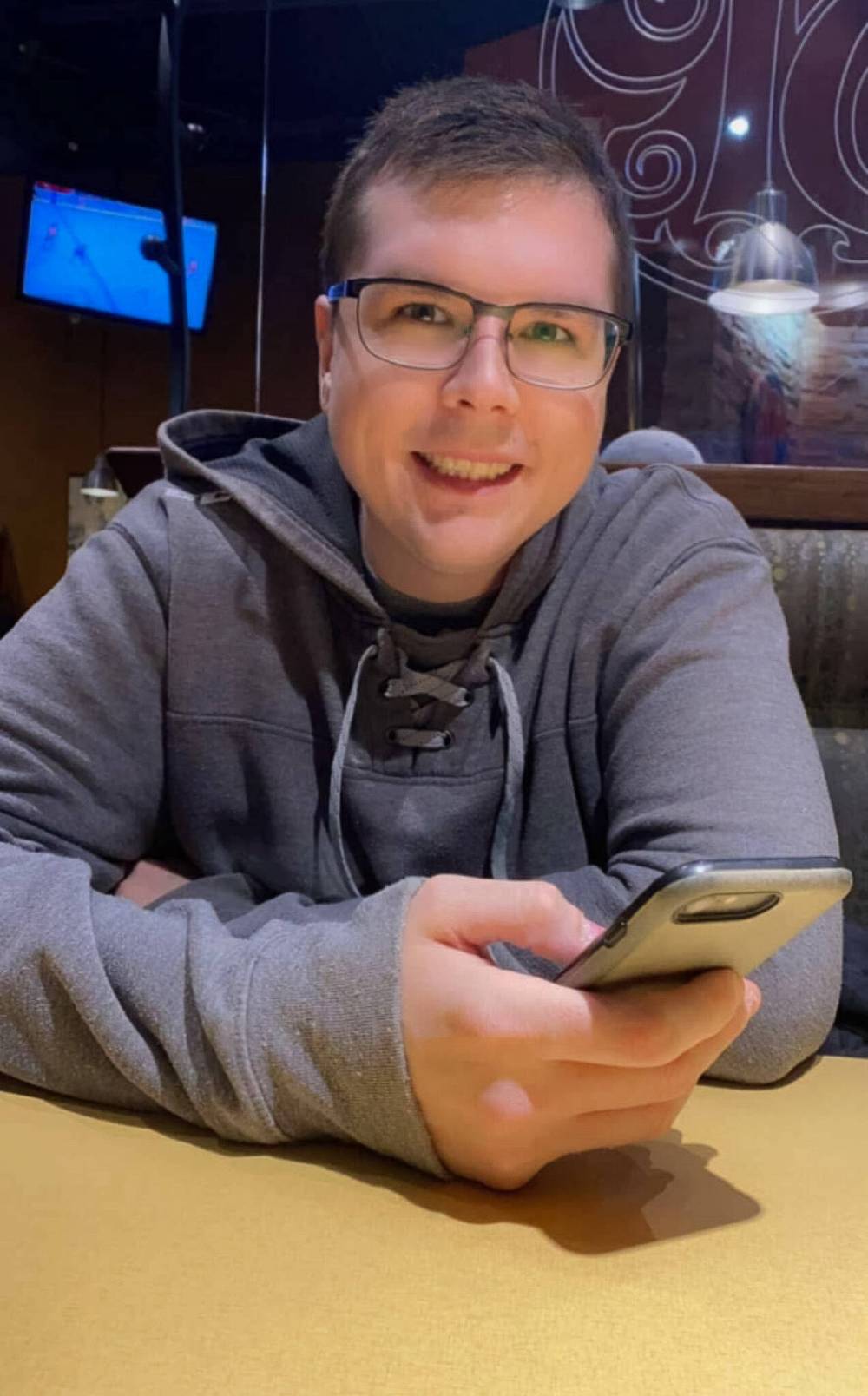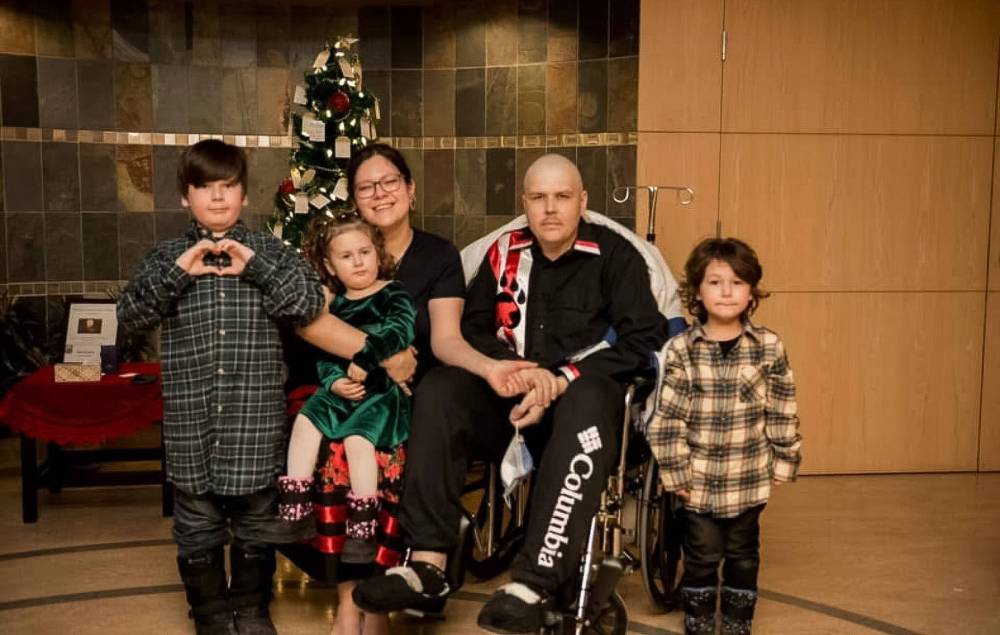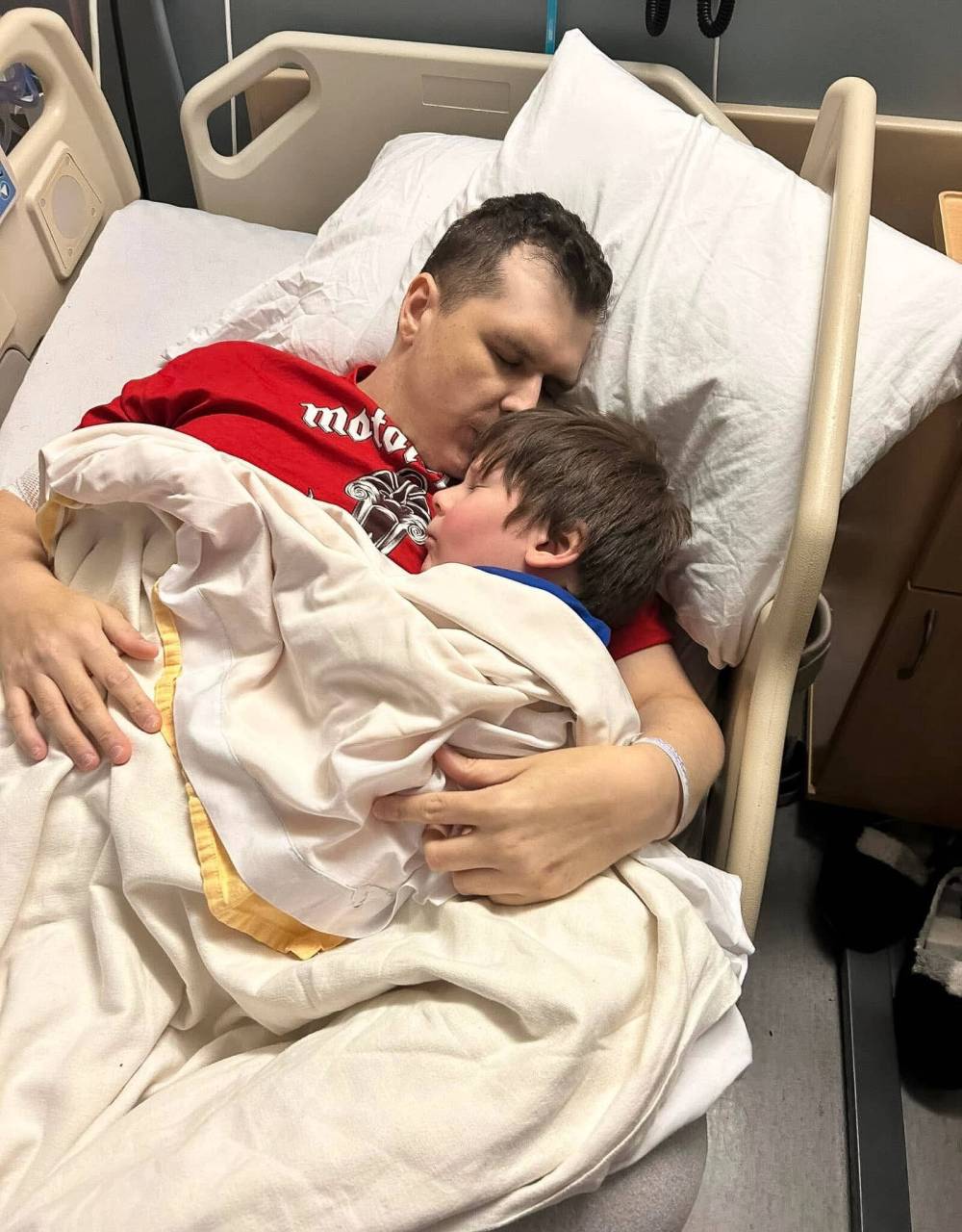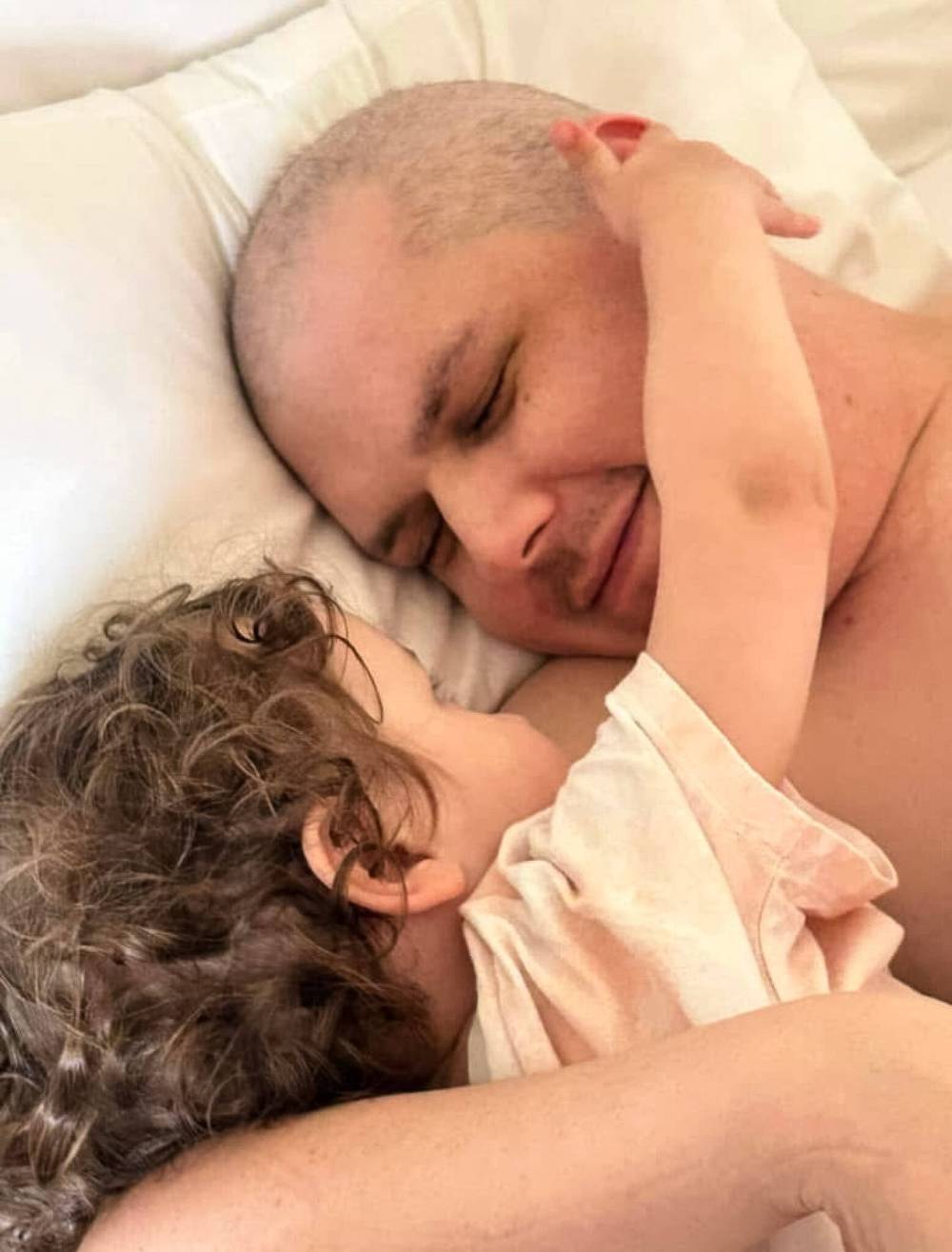Health authority acknowledged racism behind treatment delay at Thompson hospital before man’s cancer death, family says
Advertisement
Read this article for free:
or
Already have an account? Log in here »
To continue reading, please subscribe:
Monthly Digital Subscription
$1 per week for 24 weeks*
- Enjoy unlimited reading on winnipegfreepress.com
- Read the E-Edition, our digital replica newspaper
- Access News Break, our award-winning app
- Play interactive puzzles
*Billed as $4.00 plus GST every four weeks. After 24 weeks, price increases to the regular rate of $19.00 plus GST every four weeks. Offer available to new and qualified returning subscribers only. Cancel any time.
Monthly Digital Subscription
$4.75/week*
- Enjoy unlimited reading on winnipegfreepress.com
- Read the E-Edition, our digital replica newspaper
- Access News Break, our award-winning app
- Play interactive puzzles
*Billed as $19 plus GST every four weeks. Cancel any time.
To continue reading, please subscribe:
Add Free Press access to your Brandon Sun subscription for only an additional
$1 for the first 4 weeks*
*Your next subscription payment will increase by $1.00 and you will be charged $16.99 plus GST for four weeks. After four weeks, your payment will increase to $23.99 plus GST every four weeks.
Read unlimited articles for free today:
or
Already have an account? Log in here »
A Thompson family says the Northern Regional Health Authority has admitted racism was a factor in delayed care received by an Indigenous father who died of cancer last year.
After Stephen Rockwell, a father of three young children who worked as a community safety officer, was diagnosed with acute myeloid leukemia in February 2023, he received chemotherapy and went into remission in the summer of that year. But when symptoms appeared again in the fall, sister Stacey Rockwell said his concerns weren’t taken seriously during several visits to Thompson General Hospital.
The family is Cree, from Shamattawa First Nation. They say hospital staff accused Stephen of seeking drugs and his obvious red flags — including severe pain and, eventually, crossed eyes — were brushed off.

SUPPLIED
Stephen Rockwell
“There’s no history, and there’s no pattern of him being a drug-seeker. He went there for help, and they didn’t help him,” Stacey said.
“After all of those visits, he was just being dismissed. It got to the point where it was so bad that he couldn’t even walk anymore.”
His mother, Leona Massan, took him to a chiropractor in hopes of easing his pain. They got a note to take back to the hospital indicating the chiropractor felt something concerning in Rockwell’s back. Massan said the doctors disregarded the note and gave him Tylenol.
After continuous pressure, Massan said her son received a CT scan that found tumours all over his body, and he was sent to receive aggressive treatment, including a stem cell transplant.
He died March 13, 2024, at the age of 33. It had been about four months since his leukemia had returned.
“It’s hard to sit here and think of the ‘what if?’ What if, eight weeks prior, they sent him straight to Winnipeg… could he still have more time with us?” Stacey said, noting she was his stem cell donor.
“It wasn’t until the last two months of his life that he was even offered a stem cell transplant.”

SUPPLIED
Stephen Rockwell, with his wife Darilynn and children Sean, Austin and Madelyn.
Massan still worries that her presence as an Indigenous woman had an impact on his care.
“I feel so guilty,” she said, her voice breaking. “Maybe I shouldn’t have went to the hospital with him. Maybe his dad should have went instead, because his dad doesn’t look Aboriginal… Maybe they would have did something faster.”
Both Rockwell’s sister and mother said he believed racism was playing a role in his treatment, and after he died, they wrote to health officials, including the health minister and the Northern Regional Health Authority, looking for answers.
A spokesperson for Health Minister Uzoma Asagwara said the minister received a letter sent by the family in November 2024 and asked the Northern Regional Health Authority to meet with the family.
Stacey said they finally got a meeting with the Northern Regional Health Authority on July 24, and received the acknowledgement they had fought to get for more than a year.
“They said, ‘Yes, this was stereotyping and racism,’ and they said the system failed him… And then they asked us, ‘How can we do better? And what do you guys need from us to do better?’” she said.

SUPPLIED
Sean sleeps with his dad Stephen Rockwell in the hospital.
A spokesperson for the Northern Health Region extended condolences to the family in response to a Free Press question about medical racism.
“The region continues actionable steps… including the creation of more Indigenous-specific roles, in person and online education for staff on anti-racism, cultural proficiency and Indigenous cultural safety,” the spokesperson said in an email.
In 2022, the Northern Health Region signed a declaration to address anti-Indigenous racism and acknowledged anti-Indigenous racism “has existed and continues to be present.”
A report from Shared Health published in June analyzing emergency room data found that Black and Indigenous patients waited longer and were more likely than average to leave without being seen by a doctor.
Stacey said she appreciated the acknowledgement and suggested a sharing circle be held with doctors, nurses and administration in her brother’s memory.
“At the end of the day, he’s still not here,” she said, adding that telling his story won’t bring him back, but it might prevent it from happening to someone else.

SUPPLIED
Stephen Rockwell and daughter Madelyn have a special moment.
“It’s for people who’ve also experienced the stereotyping and the racism within the health-care system that died like just like my brother, waiting for an apology or waiting to feel like their life mattered.
“It’s not only sharing my brother’s story, but it’s also being strong and speaking out for those other people, as well, because that’s who Stephen was as a person.”
malak.abas@freepress.mb.ca

Malak Abas is a city reporter at the Free Press. Born and raised in Winnipeg’s North End, she led the campus paper at the University of Manitoba before joining the Free Press in 2020. Read more about Malak.
Every piece of reporting Malak produces is reviewed by an editing team before it is posted online or published in print — part of the Free Press‘s tradition, since 1872, of producing reliable independent journalism. Read more about Free Press’s history and mandate, and learn how our newsroom operates.
Our newsroom depends on a growing audience of readers to power our journalism. If you are not a paid reader, please consider becoming a subscriber.
Our newsroom depends on its audience of readers to power our journalism. Thank you for your support.


